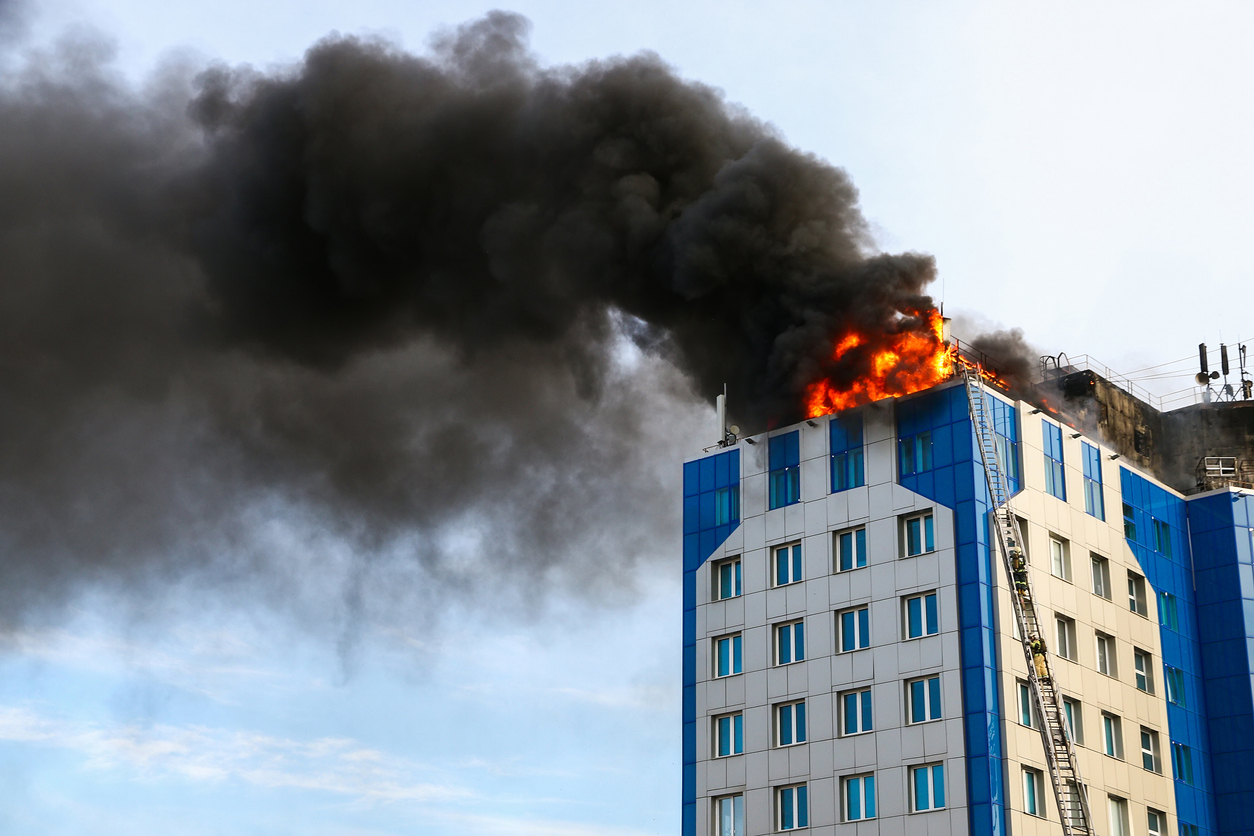WHO PAYS FOR WHAT AFTER A CONDOMINIUM LOSS:
WHAT YOUR CONDO ASSOCIATION INSURANCE COVERS – AND WHAT IT DOESN’T.
If you own a condominium, your condo association doesn’t just cut the grass and take care of common areas – they also hold a master insurance policy.
After a loss, condo owners often find out that there are gaps between what the association covers, and what their personal condo insurance policy covers. Or conversely, an owner may pay more to cover improvements and fixtures that are already covered by the association’s master policy.
THERE ARE THREE TYPES OF INSURANCE THAT YOUR CONDOMINIUM ASSOCIATION COULD CARRY:
1) Bare Walls coverage: This is just what it sounds like – with “bare walls” coverage, the condo association’s coverage won’t pay to replace anything inside the walls of your unit.
2) Single-Entity or Original Specifications coverage: With this policy, the condo association’s insurance covers anything that was in the unit at the time of the original sale. For example, if your condo complex was built in 1991, and the original owner bought your unit with carpets, laminate counters and 1991 appliances installed, your condo association’s policy will reimburse you for the 1991 value of those installations. However, if the appliances have been replaced since 1991, or the counters have been replaced with granite and the bathrooms have been upgraded, the association policy won’t cover those upgrades.
3) All-In coverage: This type of association insurance covers all improvements made by the unit owner, not just what was in the condo when it was first sold. However, some association by-laws require that you inform the condo association of upgrades to your unit. So if you remodel your bathroom, you’d need to give your condo association proof of its upgrade and value.
HOW DO YOU KNOW WHICH OF THESE TYPES OF POLICIES YOUR CONDO ASSOCIATION HOLDS?
Your Condominium By-Laws dictate what is covered under the association’s Master Policy. You should ask your insurance advisor if there is any language in the Master Policy that may operate to override the By-Laws.




